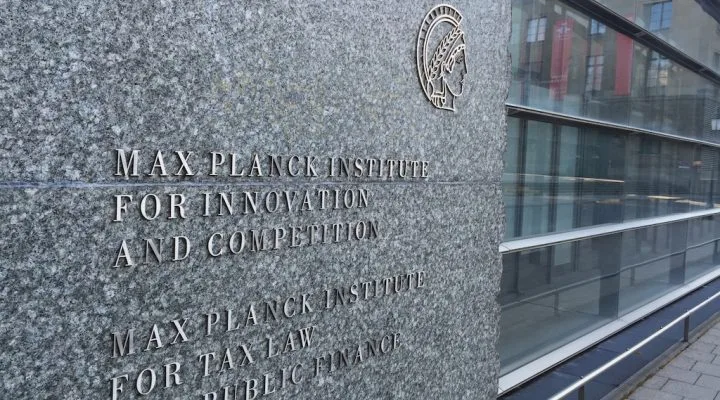Publications Dr. Bernhard Knies
2014
Redtube.com: legal questions concerning streaming – legal paper in Computer und Recht (CR 1/2014, S. 140 ff.)
2013
Comment to OLG Köln 6 U 10/13 secondary burden of proof in filesharing cases: CR 11/2013, S. 738 f.
2011
Copyright and penal law. Legal questions concerning the publication of a doctoral thesis, ZUM 12/2011, S. 17 ff.
2005
New GVL webcasting schedules: Economic problems for internet radio stations? JurPC Web-Dok. 42/2004
2003
“DeCSS” – legal questions concerning copy control of DVDs, ZUM 2003, 286 ff. – Zum Aufsatz pdf >
(Theses on legal questions arising after the source code of CSS was illegally published)
2002
Der Aufsatz thematisiert das Verhältnis zwischen der urheberrechtlichen Schranke der Privatkopie zum “Recht” des Urhebers, seine digitalen Inhalte durch Kopierschutzsysteme zu schützen. Erschienen in ZUM 2002, 793.
“Erschöpfung Online? Die aktuelle Problematik beim On-Demand-Vertrieb von Tonträgern im Lichte der Richtlinie zur Informationsgesellschaft”, GRUR Int. 2002, 314.
2002
“Copycontrol Systems for Audio-CDs – Can we claim a right for the Private Copy?”
The article describes the actual economic problems of the recording industry facing losses in CD selling caused by massive private copying of music CDs on CD-ROMs and the attempts of the industry to stop this practice by introducing a copy control system. The paper analyses the legal situation under German and European copyright law.
“Exhaustion Online? The actual problems with On-Demand-Transmission of Phonograms under the new Copyright Directive concerning the Information Society”
The article focuses on the problem of exhaustion in the field of the new On-Demand-Right. It analyses the provisions of the new Copyright Directive on the Information Society and the question whether the provisions on exhaustion will be applicable in the context of On-Demand-Transmissions.
GRUR Int. 2002, 414
1999
Doctoral Thesis about “The Rights of Phonogram Producers in International Law”
The thesis provides a broad overview on the legal rights of phonogram producers given by (1) the international treaties (2) in the field of the harmonisation of European copyright law and comparative (3) the German, the American, French and Japanese legal systems.
